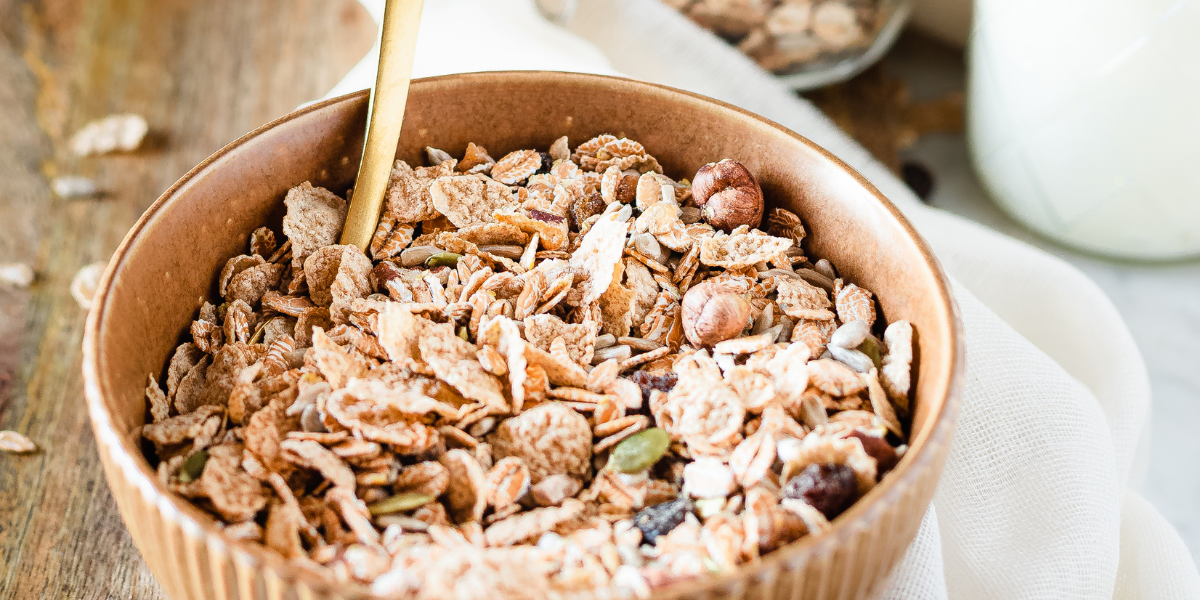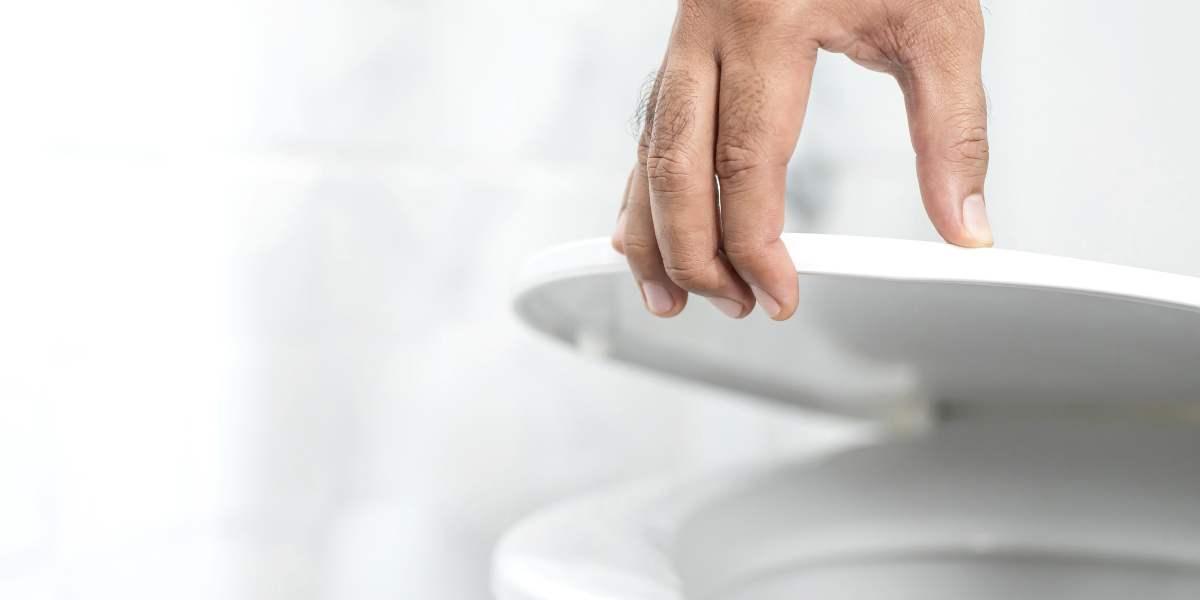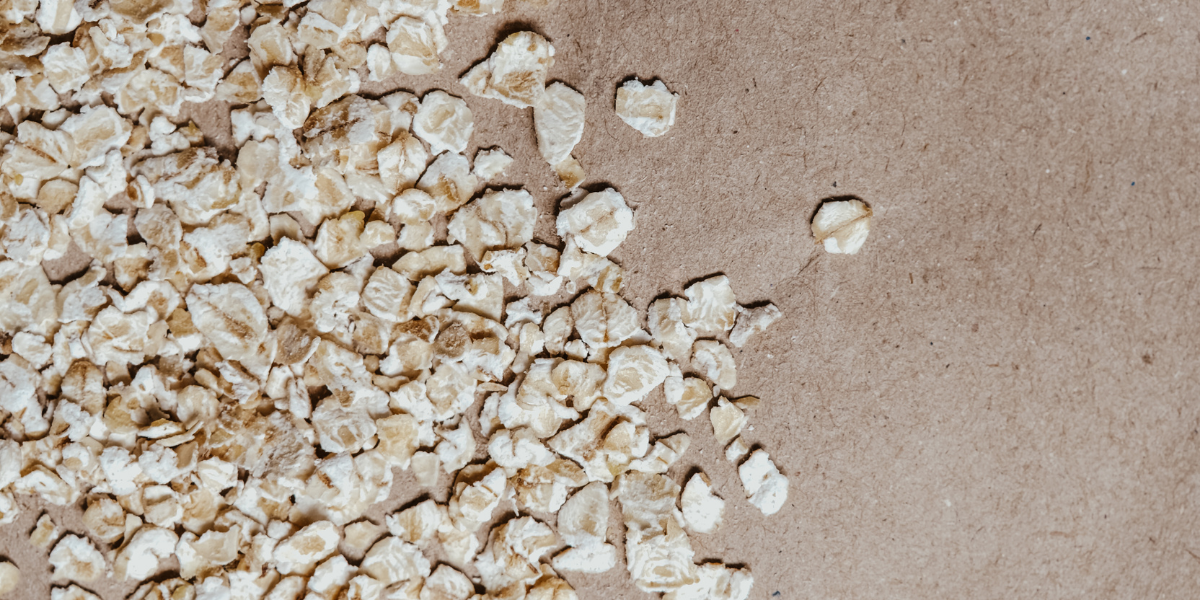Oatmeal is a favorite breakfast fare for people on the go. All you have to do is bring water or milk to a boil, stir in the oats until you achieve a certain consistency, turn off the heat and let it cool a bit, add sugar, milk, and/or toppings like bits of fruit and enjoy! Now you’re ready to start your day. Or are you?
Sometime later, you begin to notice a stirring in your stomach and make a beeline for the toilet with the speed of a marathon runner! Then you make a mental review of all the things you have eaten and you can only think of one possible culprit. Does oatmeal make you poop?
Origins of Oatmeal
Oats, which is the main ingredient of oatmeal, go back thousands of years ago when the oldest known grains have been traced among remains of the 12th Dynasty in Egypt around 2000 B.C. However, oats were not considered valuable by the ancient Egyptians compared to wheat or barley and were not cultivated by them.
Another thousand years passed before the first attempts at the cultivation of oats were done when the Romans introduced the grain to Britain. It was discovered that the climate, especially in Scotland with its low temperatures and high humidity, was ideal for growing oats. This was where the practice of eating oatmeal, also known as porridge, began.
To this day, only around 5% of oats are commercially grown for human consumption. The rest are intended for livestock feed, especially horses. Apart from Scotland where it became somewhat of a revered dish, oatmeal was not considered to be a particularly desirable food. That is, until its many benefits became known and its popularity as a breakfast meal increased.
Quick Cooking Oatmeal vs. Instant Oatmeal

Quick-cooking oatmeal and instant oatmeal are both designed to shorten the cooking time. However, the difference lies in the way they are prepared, how long it takes to make them, and their texture.
Quick-cooking oatmeal is intended to be cooked on the stove the traditional way, albeit in less time. It can be ready in 1 to 5 minutes, depending on your preferred consistency. Since the thickness of the oats in the oatmeal depends on the time it takes to cook, quick-cooking oatmeal will be thicker in texture than instant oatmeal.
If quick-cooking oatmeal is designed to cook faster compared to regular oatmeal, which takes 10 to 20 minutes, then instant oatmeal cooks even faster! You can just add hot water to it and microwave for 1 to 2 minutes. Both quick-cooking and instant oatmeal don’t differ much in taste from regular oatmeal.
Benefits of Oatmeal
-
Amazingly nutritious
Oatmeal is one of the most nutrient-dense foods that you can possibly eat because it is full of vitamins and minerals such as zinc, copper, iron, folate, magnesium, phosphorus, manganese, B1, and B5.
-
Lowers cholesterol levels
Eating oatmeal everyday can lower your total cholesterol level, increasing the helpful HDL cholesterol while reducing the harmful LDL cholesterol levels.
-
Reduces risk of heart disease
Oatmeal is good for heart health largely due to its cholesterol-lowering effects from the regular consumption of this fiber-rich food.
-
Lowers blood pressure
Whole oats are rich in antioxidants, in particular, avenanthramides which increase the production of nitric oxide that helps to dilate blood vessels and enhance blood flow.
-
Good for the skin
Avenanthramides also have anti-itching and anti-inflammatory effects while ground oats otherwise known as ‘colloidal oatmeal’ is known to help with skin conditions like eczema.
-
Improves blood sugar levels
Regular consumption of oatmeal can help control blood sugar, especially in overweight people or those suffering from Type 2 diabetes.
-
Strengthens the immune system
Oatmeal contains zinc which aids the body in fighting off foreign invaders, as well as beta-glucans which help enhance immune system function.
-
Helps in weight loss
Oatmeal is high in fiber which can keep you feeling full for hours so you don’t feel the need to eat for a longer period of time.
On the other hand, oatmeal is a grain so it has all of the anti-nutrient components that grains contain. In particular, phytic acid which can hamper your body’s absorption of the vitamins and minerals in the oats. It is high in starch and carbohydrates which means that oats can also cause your blood sugar to spike –in direct contrast to its usual effect of lowering the glucose level. Moreover, oatmeal tastes bland so that you may feel compelled to add a helping or two of sugar to make it more palatable.
Can oatmeal make you poop?

One way of inducing bowel movement is to eat a serving of high-fiber food. Oatmeal contains oat which is one of the most fiber-rich foods there is. Therefore, the answer is a resounding yes.
According to Amy Goodson, MS, RD, CSSD, LD, a registered dietitian and author of the Sports Nutrition Playbook, oatmeal’s fiber content promotes gastrointestinal health which includes having a regular bowel movement. Basically, you need to make sure that the increase in your fluid intake is in direct proportion to the increase in your daily fiber intake.
Drinking lots of water along with oatmeal and its fiber-rich content will help push food, which later develops into a stool, through your gastrointestinal system. However, when the movement of the stool in the gut becomes too fast, oatmeal can also cause diarrhea.
2 Types Of Fiber

Over 90% of people are not getting enough fiber in their diet. The recommended amount of fiber to consume is 25 to 30 grams per day which should come from food and not supplements. Experts estimate that most people get only half of that amount. In general, 100 grams of oats can yield 1.7 grams of total dietary fiber.
Oatmeal contains the two types of fiber that you need in order to meet the daily requirement and each one has its own health benefits to contribute.
-
Soluble Fiber
As its name implies, soluble fiber dissolves in water and turns into a glutinous substance that covers the inner layer of the digestive tract. It is known to minimize total blood cholesterol levels and help control blood sugar levels in people with diabetes. Of the recommended total dietary fiber intake per day, approximately one-fourth or 6 to 8 grams should come from soluble fiber.
Foods that are rich in soluble fiber include oats, flaxseeds, chia seeds, beans, lentils, and berries.
-
Insoluble Fiber
Insoluble fiber does not dissolve in water. What it does instead is goes through your gastrointestinal tract without being broken down or absorbed which makes it basically unchanged. The good news for people with a tendency for constipation is that the undissolved fiber adds volume to stool and slows down the passage of food helping things pass through.
Good sources of insoluble fiber are cooked kale, raw almonds, quinoa, pears with the skin still intact, and vegetables with the skin still intact.
The Oatmeal Verdict
Aside from containing loads of fiber, oatmeal has an impressive nutritional profile. It is quick and easy to prepare and quite versatile when it comes to the add-ons such as maple syrup, milk, honey, and fruit bits. In conclusion, oatmeal is simply one of the most nutritious foods that you can eat everyday so that you can surely overlook the fact that it makes you poop.

